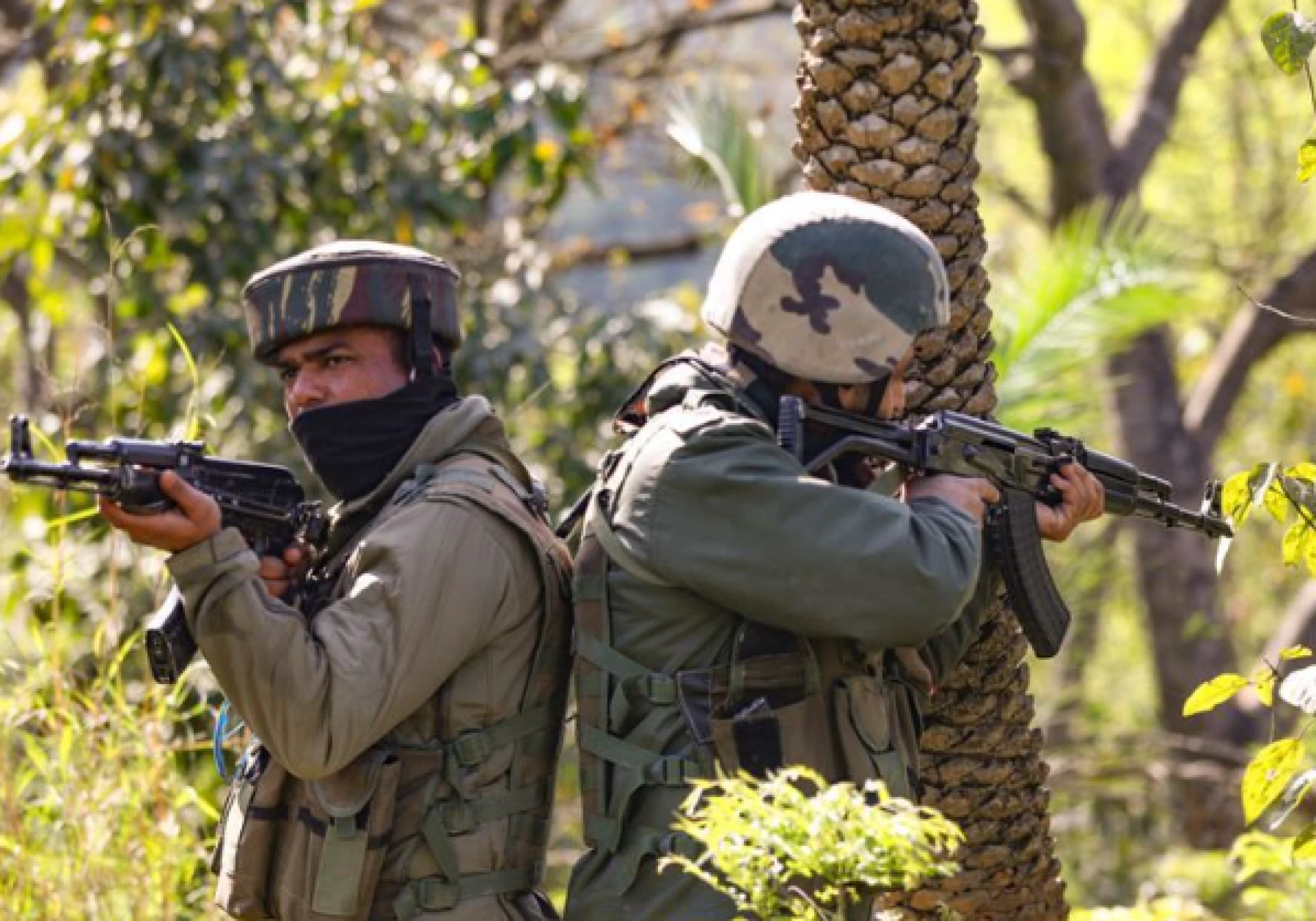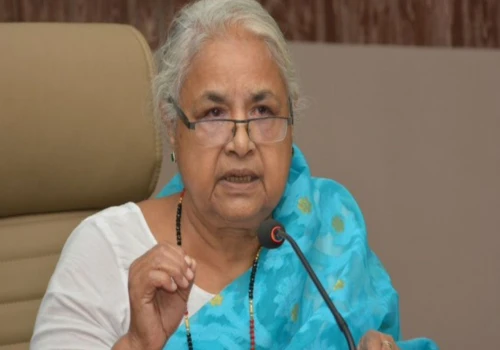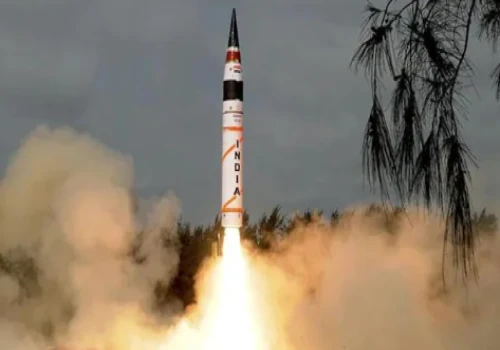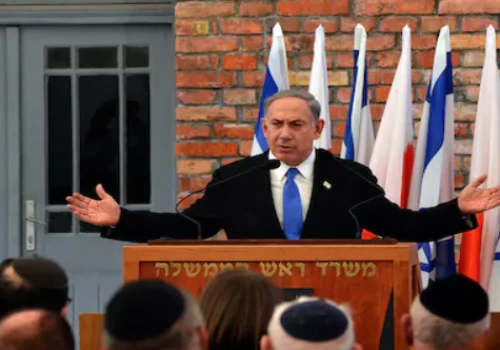
India's rapid and high-impact military campaign, code-named Operation Sindoor, has caused widespread destruction to Pakistan's terror network within four days, Indian defense officials assert. The operation was undertaken in response to the April 22 Pahalgam terror attack that killed 26 Indian civilians, the majority of whom were tourists.
Starting in the early morning of May 7, the Indian Armed Forces carried out synchronized strikes against nine terror camps in Pakistan and Pakistan-occupied Kashmir (PoK). Using cutting-edge weaponry—such as Rafale fighter jets carrying SCALP cruise missiles and Hammer precision-guided munitions, M777 howitzers carrying Excalibur shells, and loitering munitions—the operation allegedly eliminated around 100 terrorists over a period of 26 minutes.
The sites targeted were selected on the basis of actionable intelligence and had a reputation for being involved in planning terror activities against India. Five of them were located between 9 to 30 kilometers within PoK, and the rest were placed 6 to 100 kilometers within the international border in Pakistan.
Pakistan retaliated by initiating a counter-offensive that involved missile and drone strikes at several Indian cities. Indian defense systems, though, successfully frustrated these efforts with minimal damage being caused. The U.S.-brokered ceasefire was announced on May 10, with a view to derailing the heightened tensions. Reportedly, Pakistan continued to ignore the ceasefire along the Line of Control (LoC) in spite of this progress, evoking concerns about the sustainability of the truce.
Operation Sindoor is a significant deployment of India's military stance and reflects its capability of launching specific and effective strikes against terror infrastructure. The operation has attracted international notice with global powers demanding restraint and urging diplomatic steps to address underlying tensions.
Even as both nations are on a heightened state of alert, the world is following developments closely and is urging more negotiations to prevent any further deterioration and ensure stability within the region.






_500_x_350.webp)





